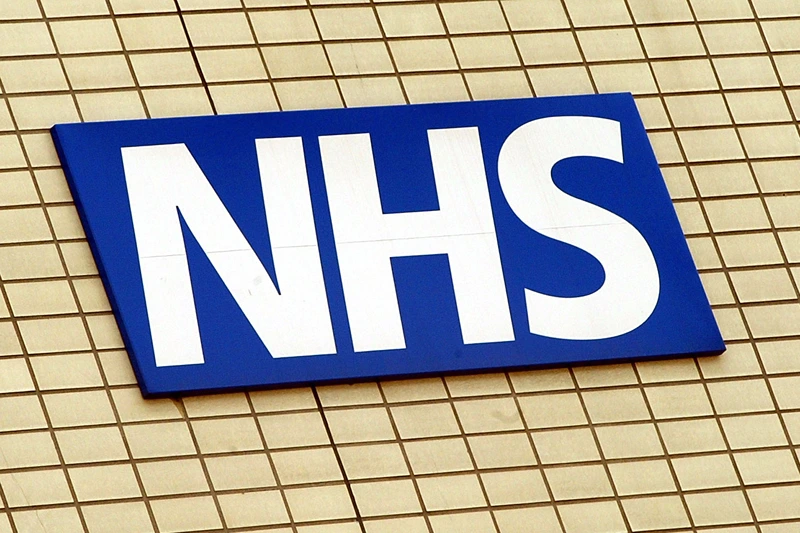
OAN’s Abril Elfi
4:57 PM – Tuesday, March 12, 2024
England’s National Health Service (NHS) has stated that children will be prohibited from receiving puberty blockers at gender identity clinics.
From this point forward, puberty blockers will now only be available to children who join clinical research trials.
Puberty blockers pause the physical, hormonal changes of puberty, such as breast development or facial hair.
The NHS claims that there are currently less than 100 teenagers using puberty blockers in the country, and they will be allowed to keep receiving their medication.
The decision was made in response to a public consultation on the matter and an independent evaluation of gender identity services for children under 18 that NHS England commissioned in 2020.
The review, headed by Dr. Hilary Cass, was prompted by an increase in referrals to the Tavistock and Portman NHS Foundation Trust’s Gender Identity Development Service (Gids).
There were over 5,000 referrals to Gids in 2022, up from less than 250 a whole decade prior.
Two new NHS services—at Liverpool’s Alder Hey Children’s Hospital and London’s Great Ormond Street Hospital—will launch in early April in response to one major center’s closure.
In an interim report released in February 2022, Dr. Cass suggested that regional services be established in order to “provide better support for young people.”
According to the NHS, children who attend these clinics will receive clinical expertise in mental health, pediatrics, and neurodiversity, “resulting in a holistic approach to care.”
It is anticipated that approximately 250 patients from Gids will be moved to the new clinics upon their opening, and an additional 5,000 children and youth are currently on the waiting list for referral to the new clinics.
In addition, Dr. Cass drew attention to the pause of long-term research and data on the outcome of prescribing these kind of medications to children.
“We have always been clear that children’s safety and well-being is paramount, so we welcome this landmark decision by the NHS,” Health Minister Maria Caulfield said. “Ending the routine prescription of puberty blockers will help ensure that care is based on evidence, expert clinical opinion and is in the best interests of the child.”
“Given that the debate is often very polarized, so too were the responses to the consultation,” John Stewart, national director of specialized commissioning at NHS England, told the press. “Many people said the policy didn’t go far enough in terms of still allowing potential access [to puberty blockers] through research, and others saying clearly they disagreed fundamentally and that these should be routinely available to everyone who believes they need it.”
“This is just the first step in building a regional model,” he added. “Over the next year to two years, our aim is to establish between seven and eight specialist centers, including the north and the south hubs.”
It is believed that NHS England plans to implement a study on the use of puberty blockers by December 2024. However, the study’s eligibility requirements have not yet been determined.
Stay informed! Receive breaking news blasts directly to your inbox for free. Subscribe here. https://www.oann.com/alerts

